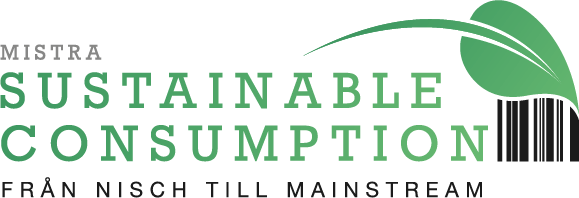A 'food tax shift' means that taxes are adjusted in such a way that they support sustainable food habits – for example, by removing value-added tax on healthy foods and increasing taxes on foods that negatively impact the environment.
In our research, we have explored how a tax shift could be designed in practice to lower greenhouse gas emissions and improve public health, yet without making the average grocery shopping more expensive.
Here are some key findings from our models on food tax shifts, in which the VAT on fruits, vegetables, and whole-grain products is removed, and excise taxes on red meat and sugar-sweetened beverages are introduced.
Below you find a selection of research articles and reports that explore different aspects of food tax shifts and sustainable eating. Together, they cover effects, acceptance, public debate, and a broad set of policy options.
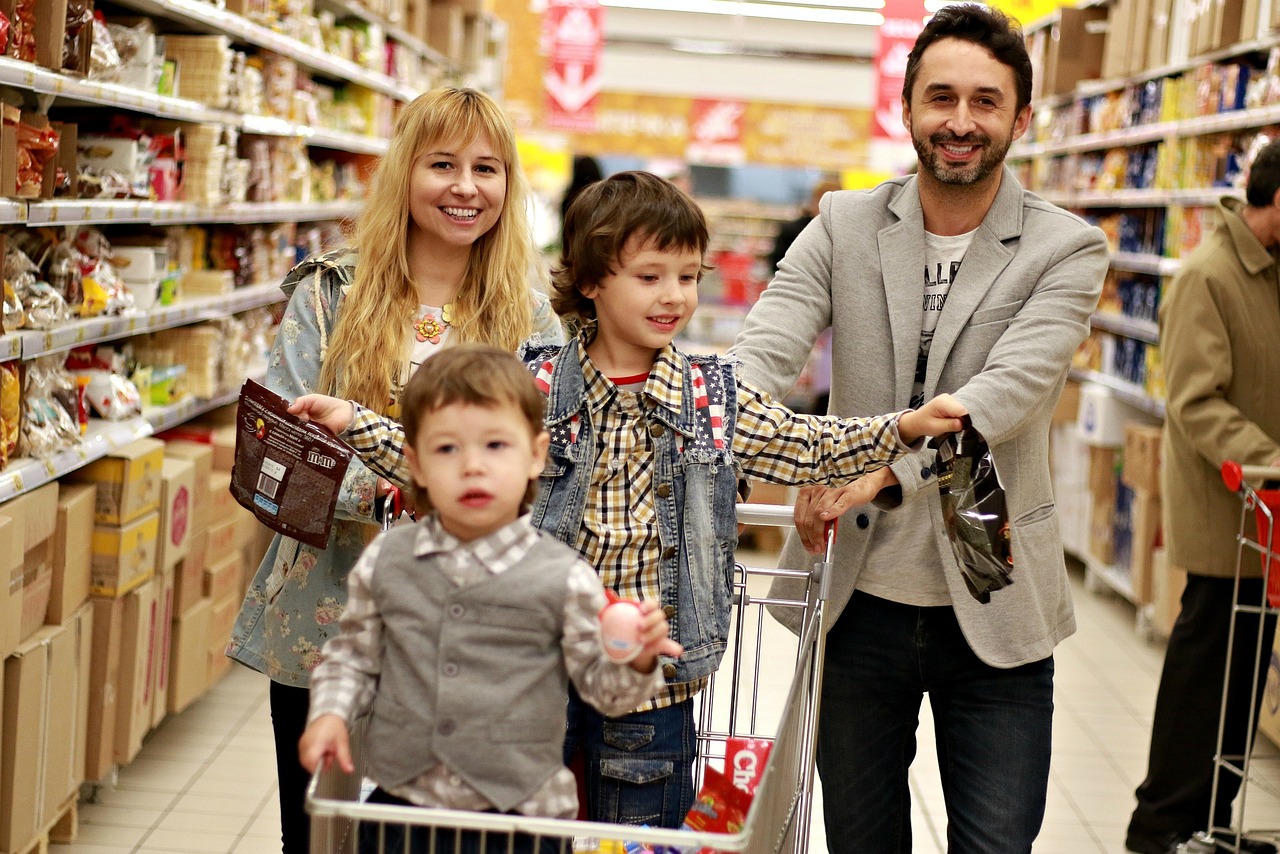
This is the main scientific article published in Ecological Economics October 2025, where a study evaluates cost-neutral food tax reforms integrating climate and health objectives.

In this article, support among both the public and politicians is analyzed for different versions of food tax shifts, as well as attitudes towards changing taxes on specific foods such as fruit, beef, and other items.
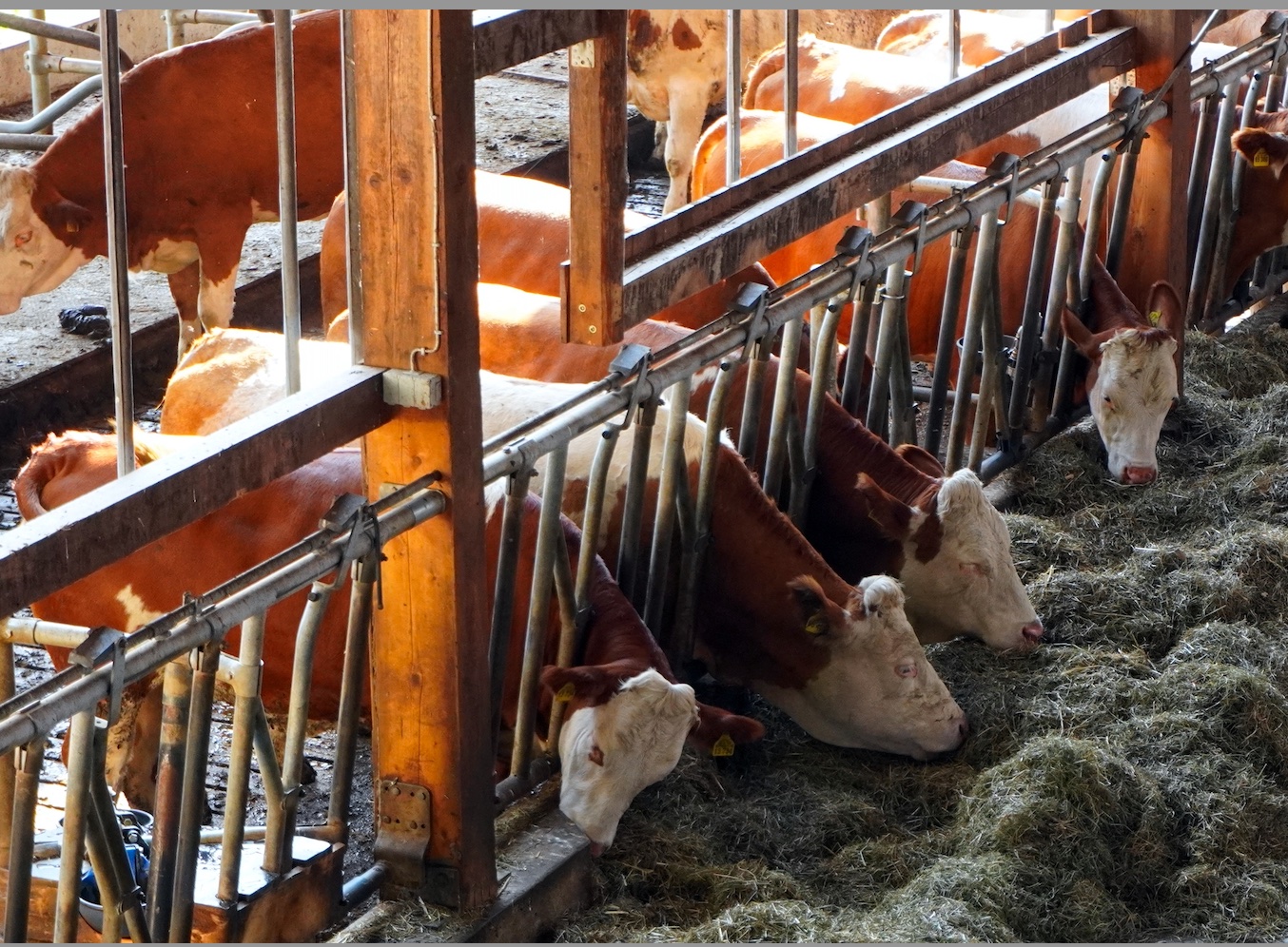
This article identifies arguments for and against a meat tax in Swedish media and analyzes their endorsement among the public.
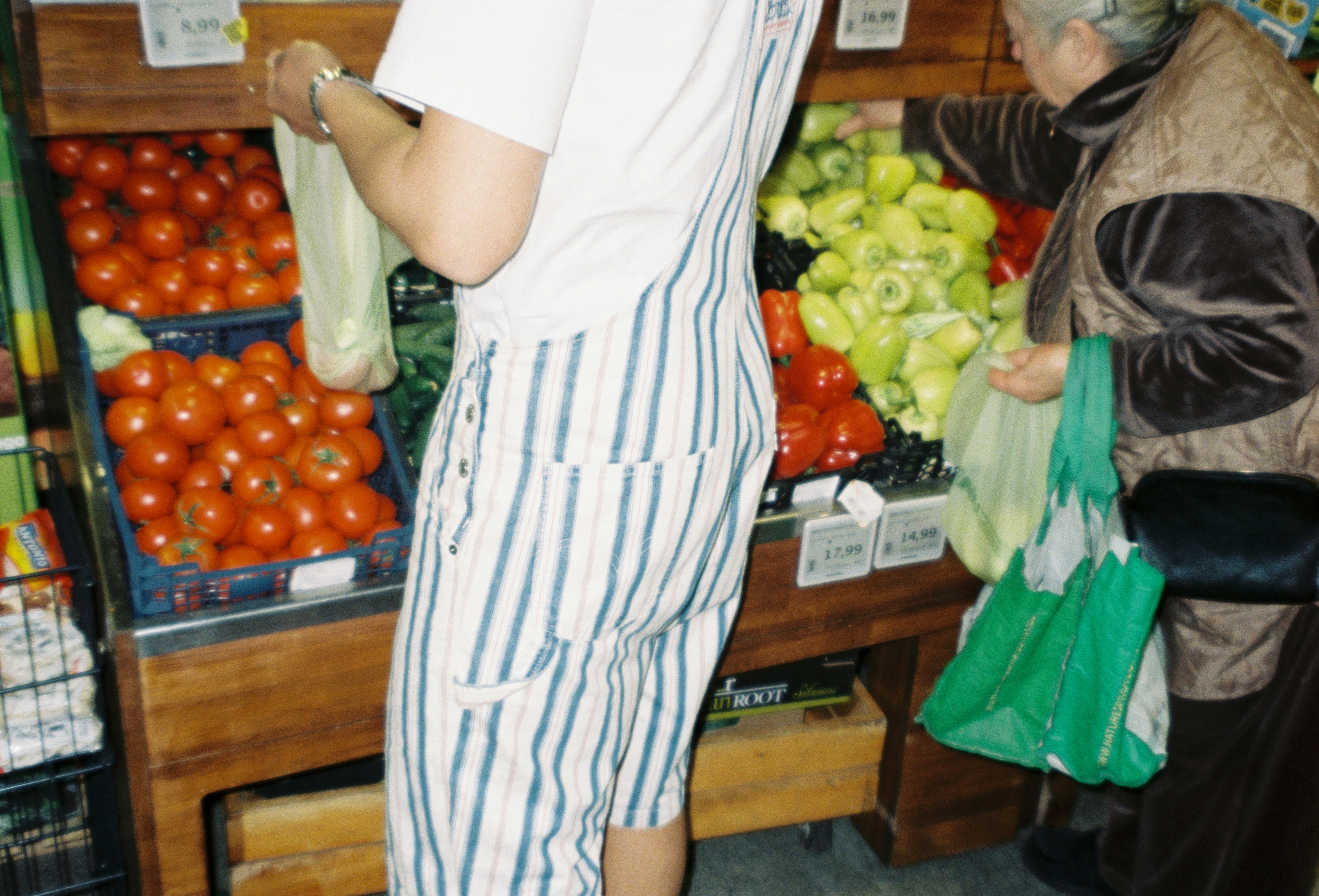
In this report, we summarize the current state of knowledge on information, regulatory, and fiscal policies for influencing food habits.

A conversation with Jörgen Larsson (Chalmers Tekniska Högskola) on TABLE's podcast Feed about the Food Tax Shift: how it works, why it matters, and how to frame it to avoid predictable backlash.

Mistra Sustainable Consumption is a research program that contributes new knowledge to promote a transition towards more sustainable consumption.
This website is part of the project Dialogue on Food Tax Shifts, which aims to increase awareness among policymakers, interest groups, and the general public about how taxes and subsidies can be used to encourage healthier and more environmentally sustainable eating habits.
The project includes various forms of dialogue between researchers and individuals or organizations that have an interest in, and/or would be affected by, a food tax shift. Please get in touch if you would like to take part in the dialogue.
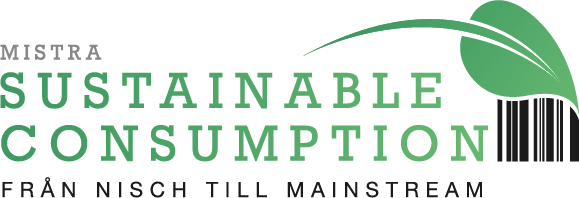
The research is the outcome of an interdisciplinary collaboration between swedish researchers at Chalmers University of Technology, the Swedish University of Agricultural Sciences, and Karolinska Institutet.
-
Jörgen Larsson, Chalmers University of Technology
-
Emma Ejelöv, Chalmers University of Technology
-
Jonas Nässén, Chalmers University of Technology
-
Simon Matti, Luleå University of Technology
-
Liselotte Schäfer Elinder, Karolinska Institutet
-
Emma Patterson, Karolinska Institutet
-
Elin Röös, Swedish University of Agricultural Sciences
-
Sarah Säll, Swedish University of Agricultural Sciences
-
Edvin Månsson, Chalmers University of Technology
Project leader of Dialogue on Food Tax Shifts is Pelle Bengtsberg.
